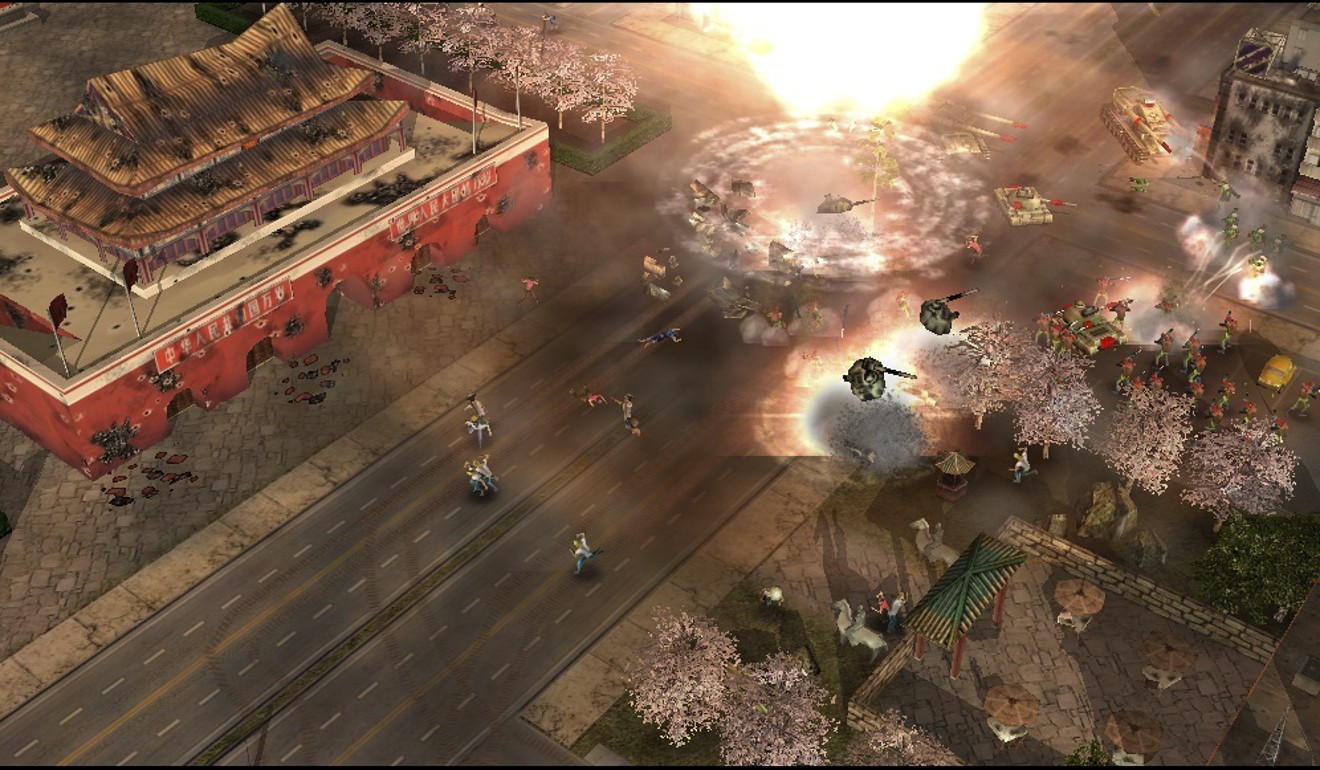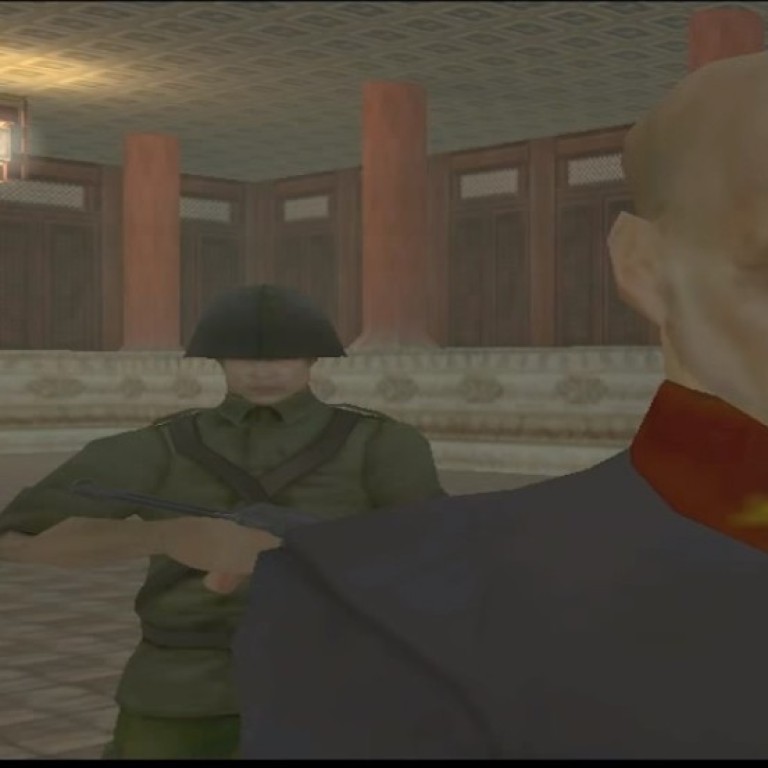
Taiwan, Tibet, Tiananmen: how to get your video game banned in China for political reasons
- A Taiwanese horror game was recently banned in China for linking Xi Jinping to Winnie the Pooh
- Games developers around the world have in the past fallen for more obvious political minefields
When it comes to politics, Chinese censors will not appreciate even the slightest out-of-the box thinking by content creators. A Taiwanese games maker just learned that lesson the hard way.
Indie studio Red Candle saw its hit horror game Devotion disappear from China’s internet over the past weekend, after players reported a hidden in-game message linking Chinese president Xi Jinping to Winnie the Pooh. The comparison originated from internet memes that are banned in China.
Red Candle issued an apology and removed the reference in an updated version of Devotion. But that didn’t help bring the title back to the world’s biggest gaming market, where players bombed it with bad reviews on PC games distribution platform Steam.
Aside from Winnie the Pooh, there are more obvious political minefields games developers should definitely avoid if they want to cash in on China. Here are some cautionary tales.
Football Manager 2005
2005 is one of the best editions of the Football Manager series, where as an armchair coach you get to create your dream squad with top players like Wayne Rooney and Ronaldinho at their peak.
The game, however, was banned in China after it was found to list Taiwan, Hong Kong, Macau, and Tibet as independent countries.
Although 2005 was never officially released in China, pirated versions have flourished in the country through the internet and CD shops.
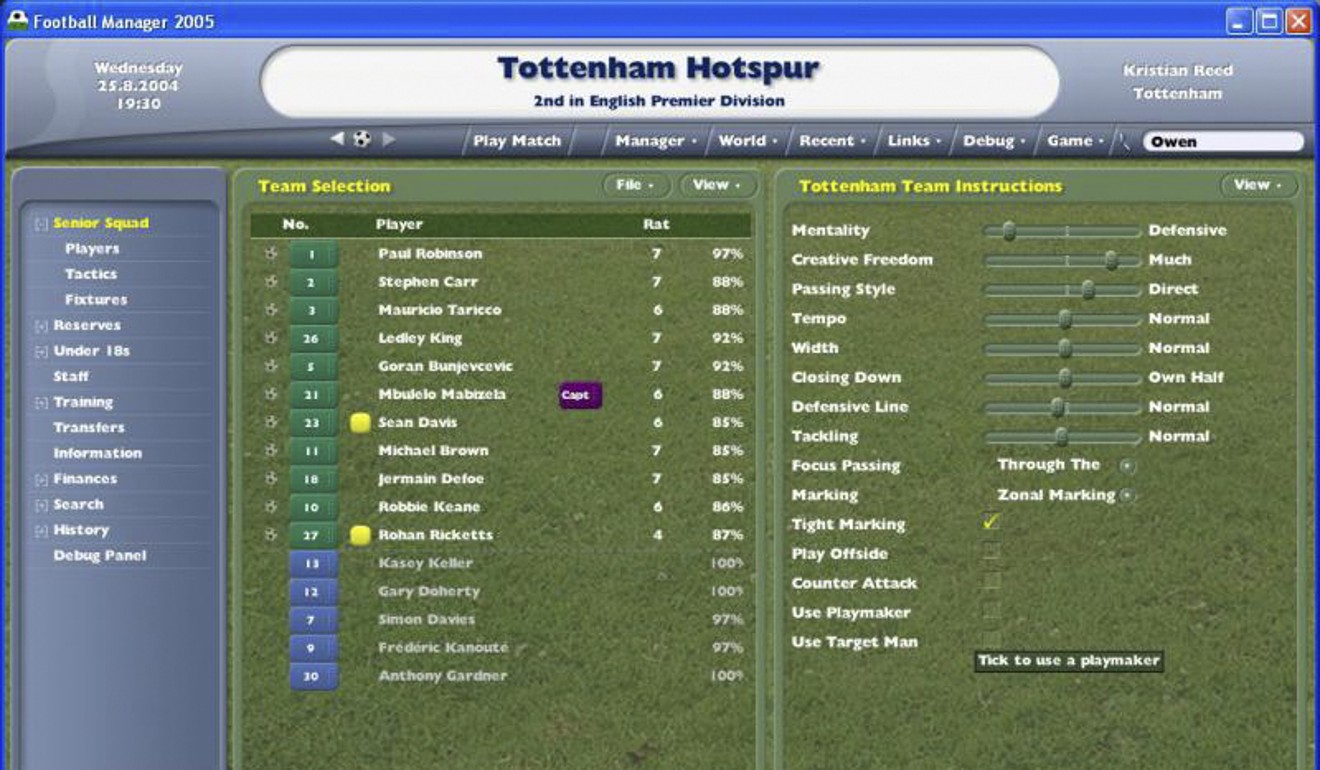
Hearts of Iron
Hearts of Iron is a war strategy game developed by Swedish studio Paradox Development, initially released in 2002. Set during World War II, the game lets players control any country in the world to build its military and economy. The end goal is to conquer as many nations as possible for you and your alliance: the Allies, the Axis, and the Communist International.
In the game, Tibet, West Xinjiang, and Manchuria – the northeastern Chinese region where Japan controlled the puppet state of Manchukuo from 1932 to 1945 – were represented as independent countries. Taiwan also appeared as the territory of Japan at the beginning of the game.
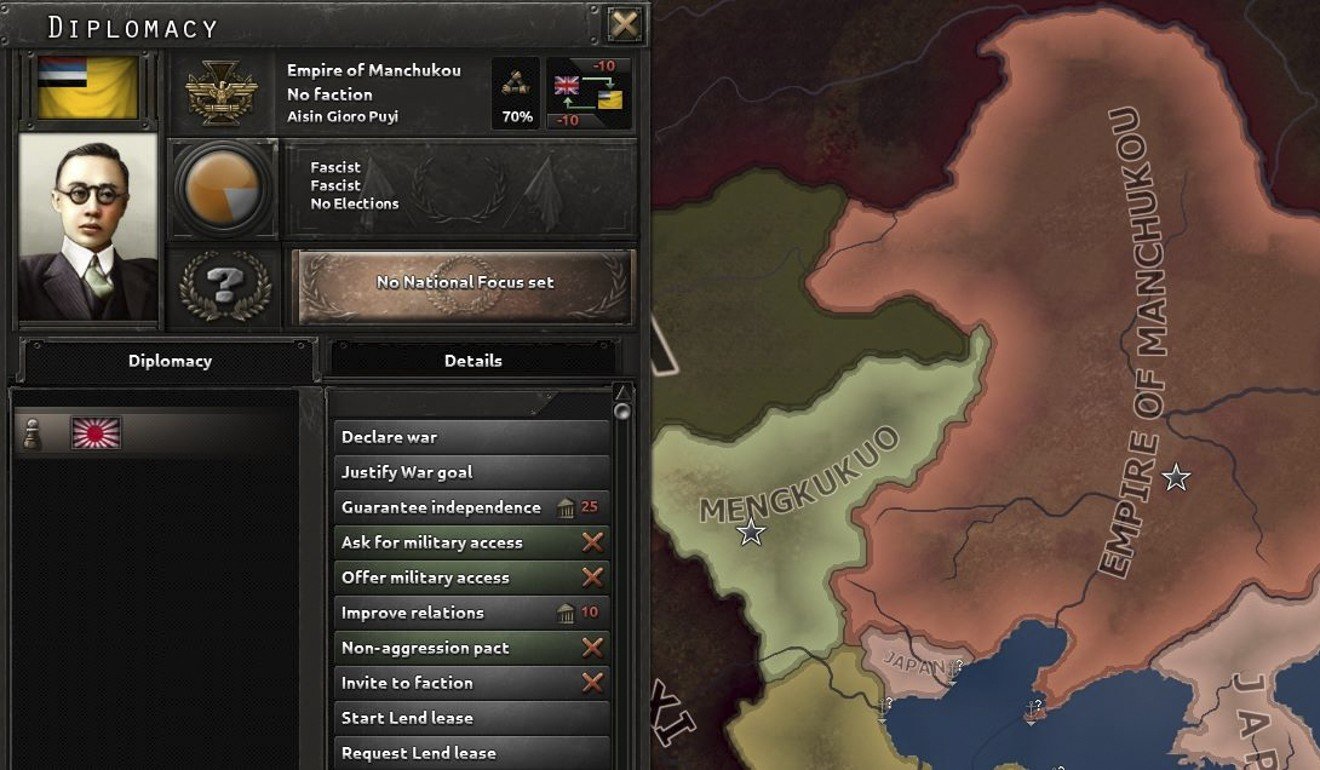
Project IGI 2: Covert Strike
Released in 2003, Covert Strike is the sequel to the stealth-based first-person-shooter game where players star as an Ethan Hunt-esque agent to save the world.
Having passed censors, Covert Strike was sold in China for six months until regulators realised that the latter part of the game featured the Chinese army as the main antagonist.
In the game, a rogue Chinese general took control of a space rocket, plotting to use it to start World War III. Players had to sneak into China’s military bases and shoot at Chinese soldiers.
Battlefield 4
Battlefield 4 is a well-received first-person-shooter game published by US-based Electronic Arts in October 2013.
In December 2013, the game launched a new “China Rising” storyline, which contained new maps and assignments on Chinese territory from Shanghai to Hong Kong to the South China Sea. In the game’s plot line, 2020s China is on the brink of a civil war, thanks to a Russia-backed admiral who wants to overthrow the sitting government. As a US special forces soldier, the player needs to fight both the Chinese army and those behind the coup.
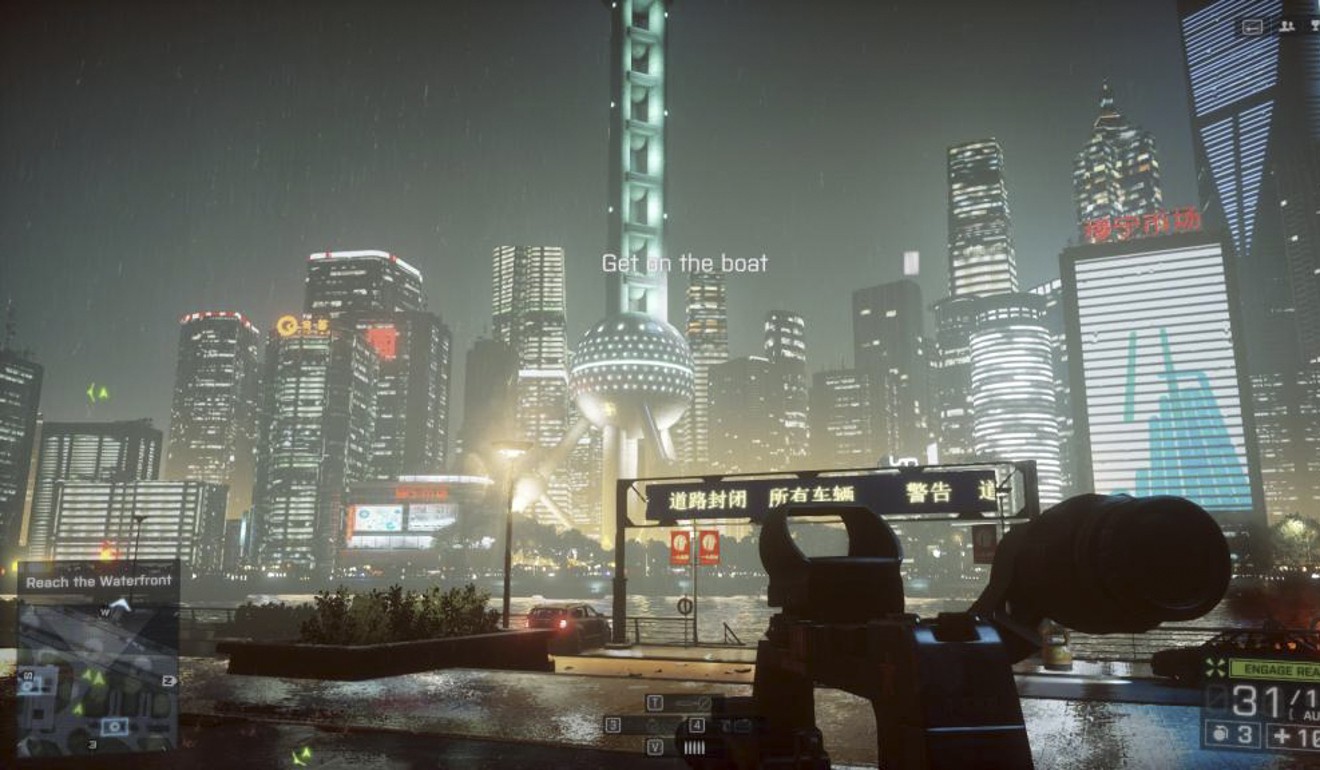
Command & Conquer: Generals
Generals is the seventh instalment in the Command & Conquer real-time strategy franchise, published by EA in 2003. The game was not officially sold in China.
Set in the mid-21st century, the game depicts the US and China as the world’s two superpowers and occasional allies who are the targets of a global terrorist group.
In the game, landmarks including the Tiananmen Square, the Three Gorges Dam, and the Hong Kong Convention and Exhibition Centre were destroyed in numerous battles.
